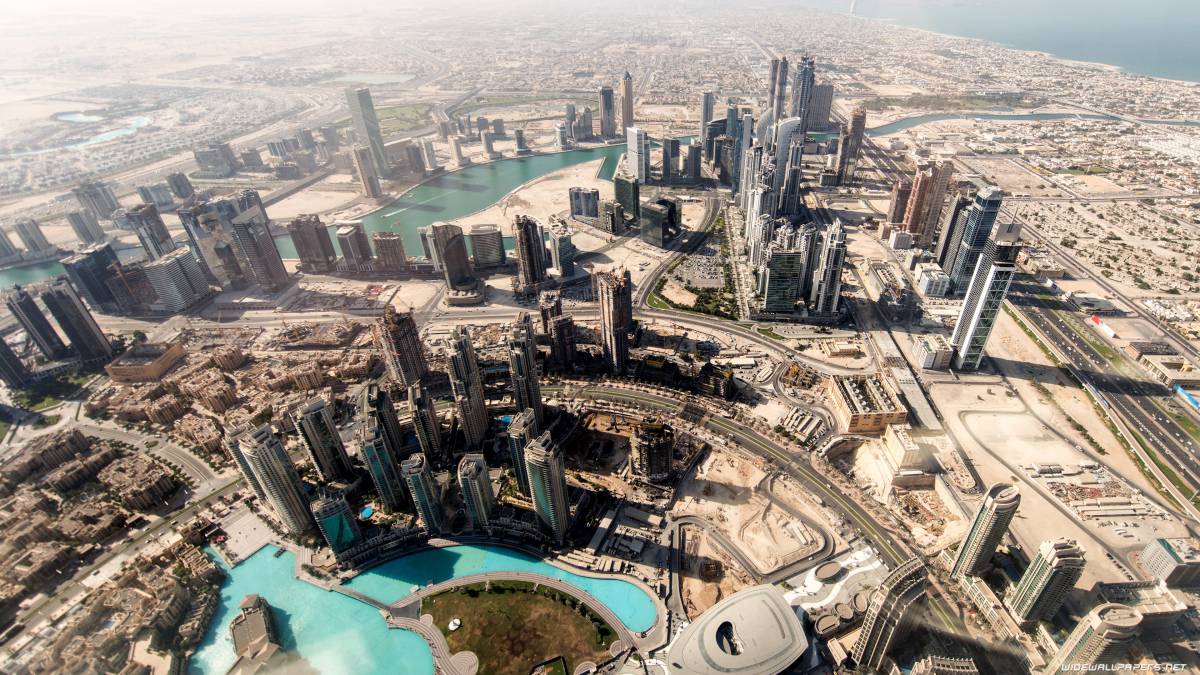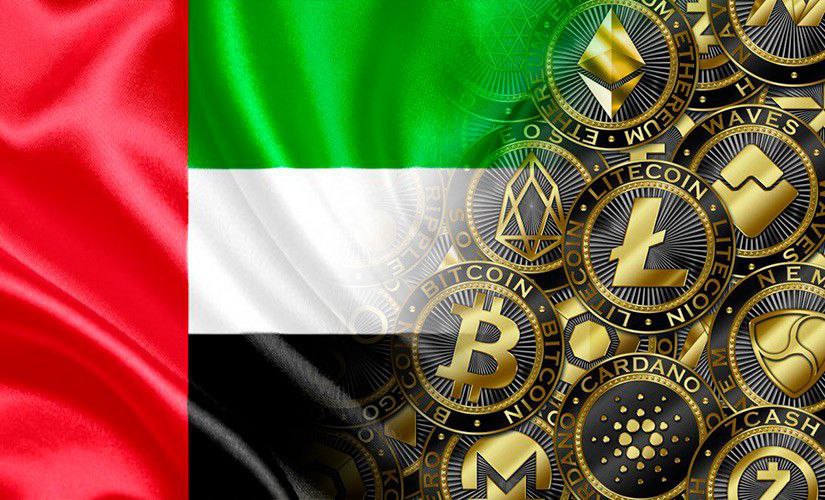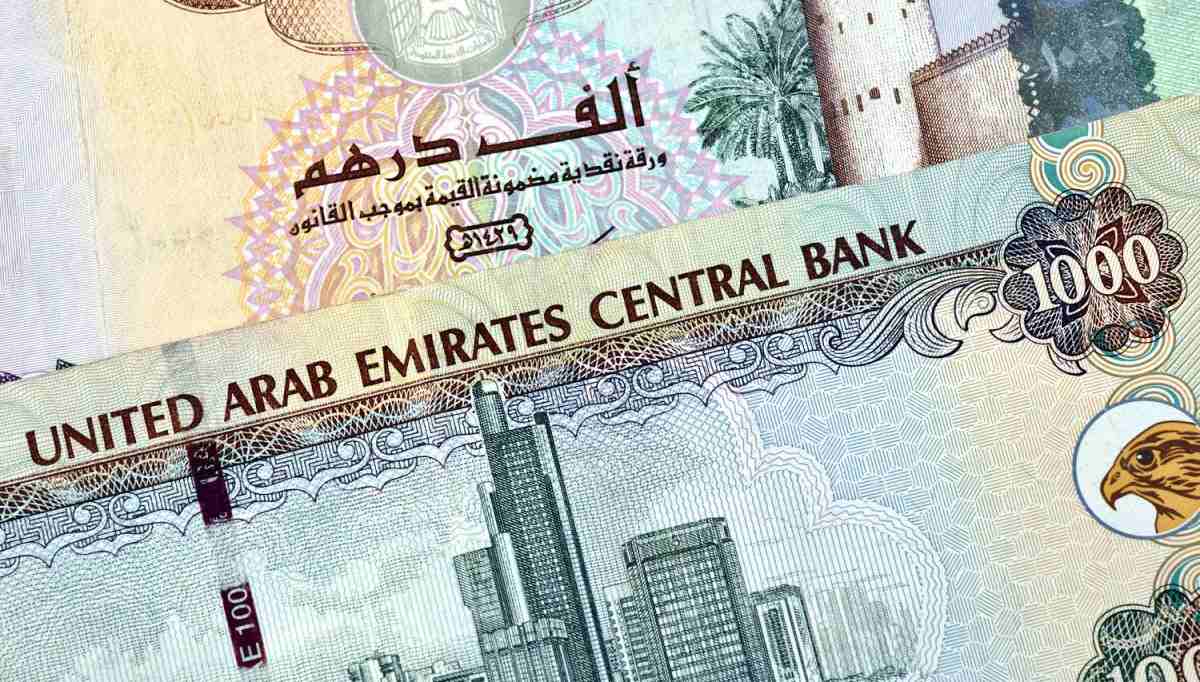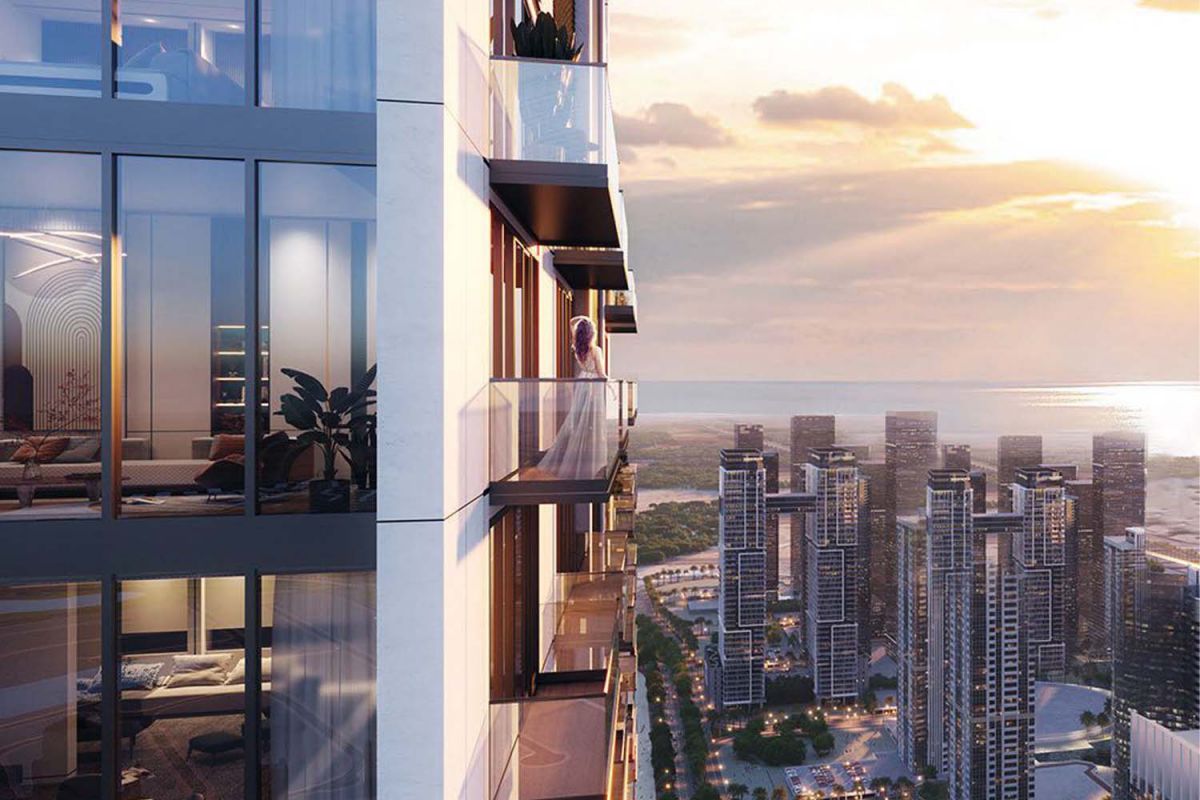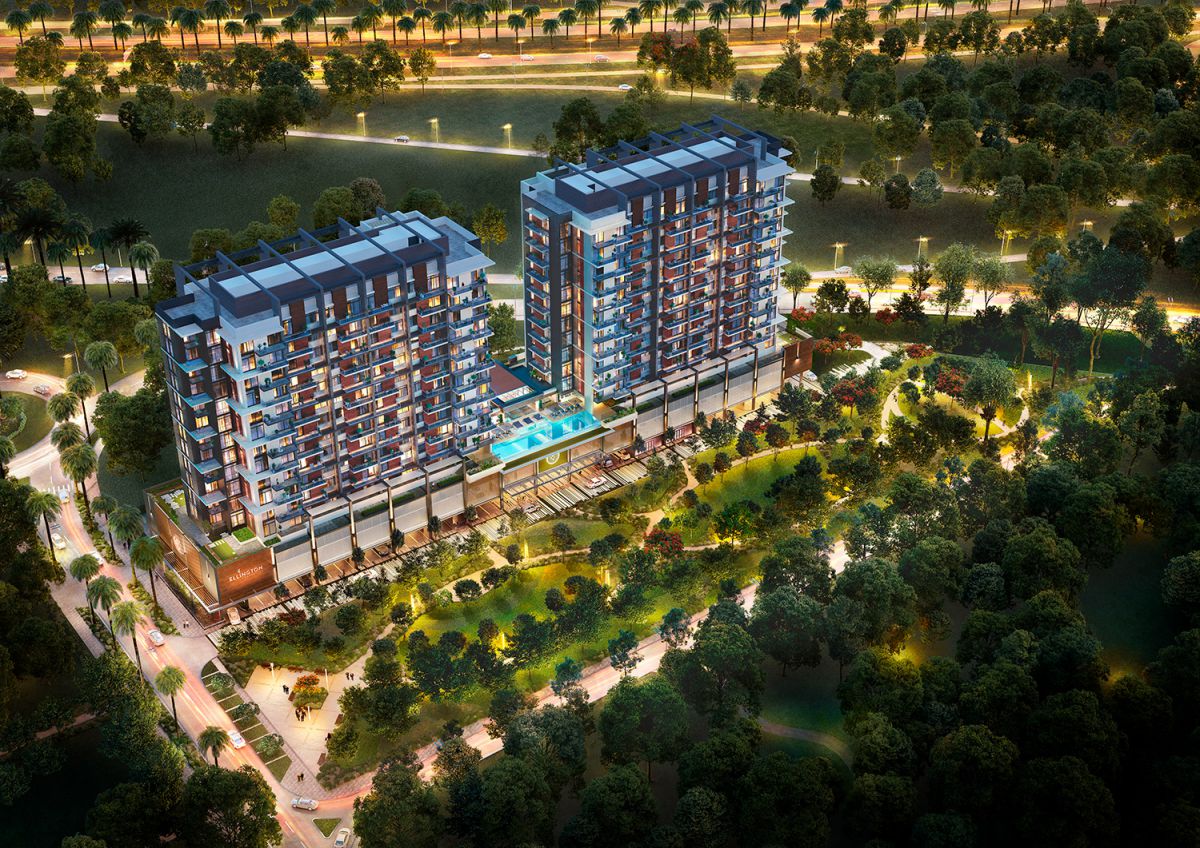Why Real Estate in Dubai Can Vary Significantly in Investment Attractiveness? What Factors Influence It?
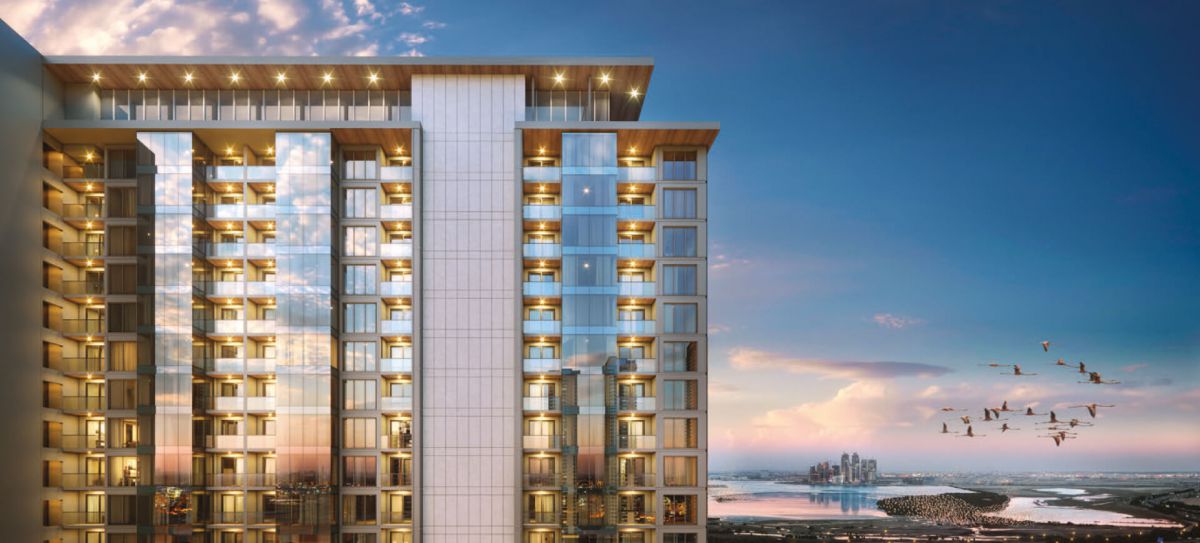
When it comes to real estate investment, Dubai has gained considerable attention as a global hub for property development and investment opportunities. However, the investment attractiveness of real estate in Dubai can vary significantly depending on various factors. In this article, we will delve into the reasons behind these differences and explore the key factors that influence the investment attractiveness of real estate in Dubai.
Location and Accessibility
The location of a property is a crucial determinant of its investment attractiveness. Prime locations with easy access to amenities, business districts, transportation networks, and popular attractions tend to be more sought after by investors. Proximity to key infrastructure, such as airports, highways, and public transportation, adds value to the property and enhances its potential for rental income and capital appreciation.
Property Type and Segment
Different property types, such as residential, commercial, and mixed-use, have their own dynamics and income potential. It is essential to analyze market trends, rental demand, and the overall economic situation to determine the optimal property type and segment for investment.
Developer Reputation and Quality
The reputation and track record of property developers significantly impact the investment attractiveness of real estate in Dubai. Established developers with a history of delivering high-quality projects are perceived as less risky and more attractive for investment. Buyers and tenants are willing to pay a premium for properties created by reputable companies known for their commitment to excellence.
Rental Yield and Capital Growth
Investment attractiveness also depends on the potential rental yield and capital growth of the property. Rental yield reflects the return on investment through rental income, while capital growth indicates the potential increase in property value over time. Analyzing historical data, market trends, and economic indicators helps forecast future rental yields and growth potential.
Infrastructure and Amenities
The presence and quality of infrastructure and amenities surrounding a property significantly influence its investment attractiveness. Convenient access to transportation networks, schools, healthcare facilities, shopping centers, and recreational areas enhances the property's desirability and rental demand. Areas with planned or actively developed infrastructure offer significant potential for future price appreciation.
Legal Framework and Regulations
The stability and transparency of the legal framework and regulations governing real estate investments in Dubai have a substantial impact on investment attractiveness. Investors seek markets with clear property rights, streamlined registration procedures, and investor-friendly regulations. Thanks to its entrepreneurial environment, foreign ownership opportunities, and reliable legal system, Dubai is an attractive destination for real estate investments.
Economic Stability and Diversification
The overall economic stability and diversification of Dubai's economy play a crucial role in attracting real estate investments. A robust economy with diverse sectors such as finance, trade, tourism, and technology instills investor confidence and ensures long-term sustainability. Economic indicators, government initiatives, and market forecasts must be carefully analyzed to assess the investment potential of real estate in Dubai.
Currency Stability and Exchange Rates
Currency stability and exchange rates can influence the investment attractiveness of Dubai's real estate for foreign investors. The pegging of Dubai's currency to the US dollar provides stability and reduces currency fluctuation risks. This stability enhances investor confidence and facilitates international transactions.
Government Policies and Incentives
Government policies and incentives can significantly impact the investment attractiveness of real estate in Dubai. Initiatives such as tax incentives, residency permits for investors, special investment zones, and citizenship programs through investment create a favorable environment for investors. Such policies stimulate capital inflow, promote real estate development, and increase its investment attractiveness.
Geopolitical Stability
Geopolitical stability and a peaceful environment in the region also play a vital role in the investment attractiveness of real estate in Dubai. Stability and peace create investor confidence and contribute to the growth of the real estate market.
Offered Facilities and Services
The availability of high-quality facilities and services within the property can also enhance its investment attractiveness. Luxurious finishes, modern technologies, security features, swimming pools, sports facilities, parking spaces, and concierge services can attract affluent buyers and tenants, thereby increasing the property's value.
Risk Level and Income Stability
The level of risk and income stability are important factors in assessing the investment attractiveness of real estate in Dubai. Different types of properties may have varying levels of risk and income stability. For example, commercial properties may be riskier but offer higher returns, while residential properties can provide stable income with lower risks.
Long-term Development Perspective
Analyzing the long-term development perspective of a neighborhood or a complex is also crucial in determining the investment attractiveness of real estate in Dubai. Infrastructure development plans, new projects, and environmental improvement initiatives contribute to the appreciation potential of the property.
Tax Benefits
Tax benefits are a significant factor in attracting investments in Dubai's real estate. No income tax on property income, low rates of sales tax and inheritance tax make Dubai an attractive location for investment and generating income from real estate.
The investment attractiveness of real estate in Dubai can vary significantly depending on multiple factors. These include location, property type and segment, developer reputation, rental yield and capital growth, infrastructure, legal framework, economic stability, government policies, geopolitical stability, offered facilities, risk level, long-term development perspective, tax benefits, and more. Understanding these factors and conducting thorough due diligence is essential for making informed investment decisions in Dubai's real estate market.
Keywords: real estate, Dubai, investments, attractiveness, factors, economy, stability, growth, market, infrastructure, international, business, tourism, taxes, security, accessibility, prospects, innovation, development, government support, policies, regulations, legal system, quality of life, culture, local services, profitability, returns, sustainability, risks, geographical location, climate, ocean, beaches, skyscrapers, infrastructure projects, elite neighborhoods, luxury, investment potential, favorable conditions, capital investment, market competition, prestige, special zones, stable currency, opportunities, technological progress, growth prospects, portfolio diversification
